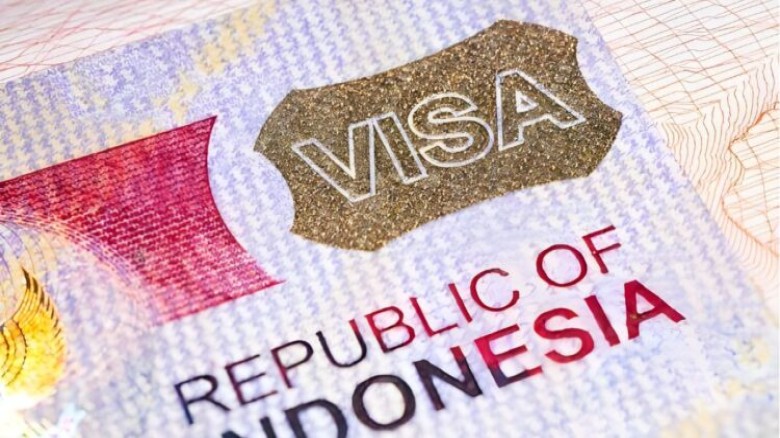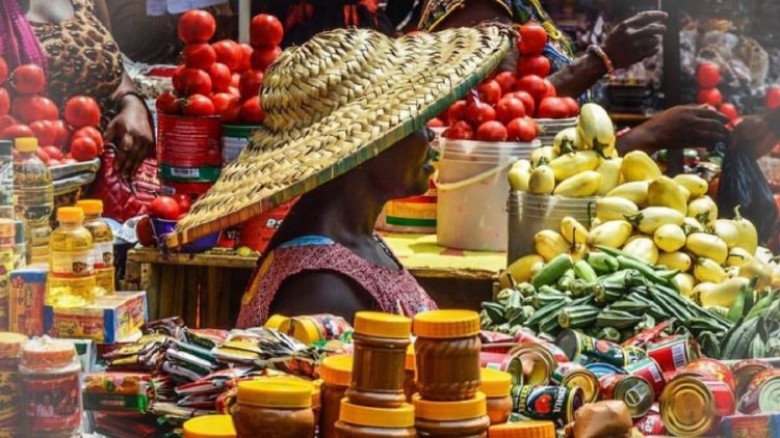Nigeria’s inflation hits 24.23% in March, deepens cost-of-living crisis
Nigeria's inflation reached 24.23% in March, deepening the cost-of-living crisis.According to the National Bureau of Statistics' most recent estimates, Nigeria's inflation rate rose to 24.23% in March 2025, up from 23.18% in February.
The high increase indicates the ongoing strain on household incomes due to rising food prices and other economic challenges.
The NBS study links the increase to rising food and non-food prices. Month on month, the headline inflation rate increased to 3.90% in March, much higher than 2.04% in February, indicating a quicker rate of price increases.
Core inflation, which excludes volatile commodities like as food and energy, jumped to 24.43% year on year and 3.73% month on month, up from 2.52%.
Food inflation is a major driver. The NBS reported a 21.79% year-on-year increase in food costs, with ginger, garri, ofada rice, fresh pepper, and potatoes leading the way. Monthly food inflation increased by 2.18%, up from 1.67% in February.
Inflation rates differed significantly between urban and rural areas. Urban inflation was 26.12% year on year, with a monthly increase of 3.96%. Rural inflation was lower at 20.89% per year, but there was still a 3.73% monthly increase.
The inflation rise coincides with the planting season, raising concerns about ongoing food supply issues caused by insecurity, inadequate logistics, and growing transportation costs. A late-March increase in petrol prices and a weaker naira could worsen price concerns in the coming months.
According to analysts, the inflation figures may push Nigeria's Central Bank to explore more monetary tightening to reduce inflation. However, beneficial base effects and the NBS's recent rebasing of inflation weights may assist to lower future readings, providing some relief.
























Leave A Comment